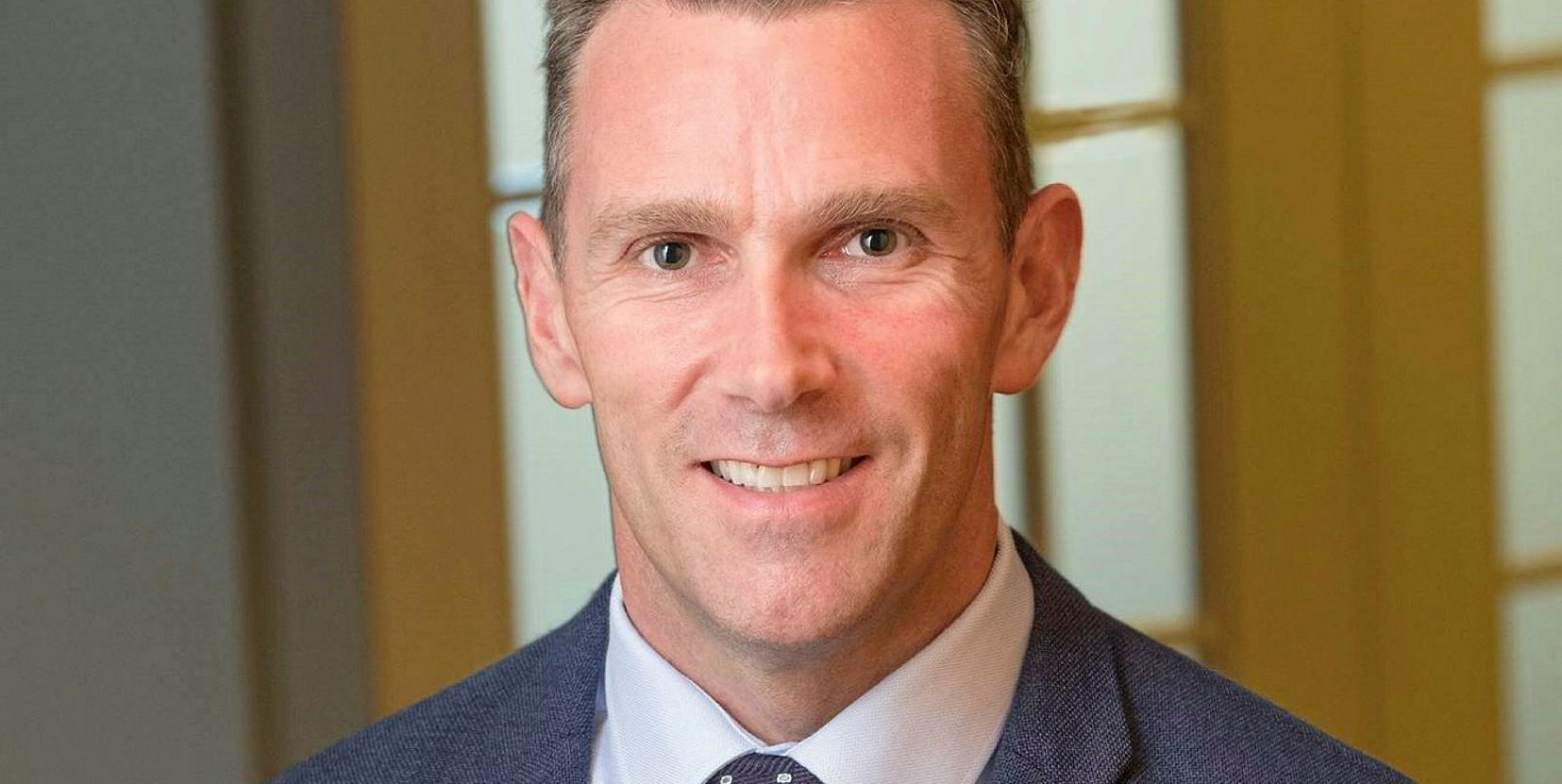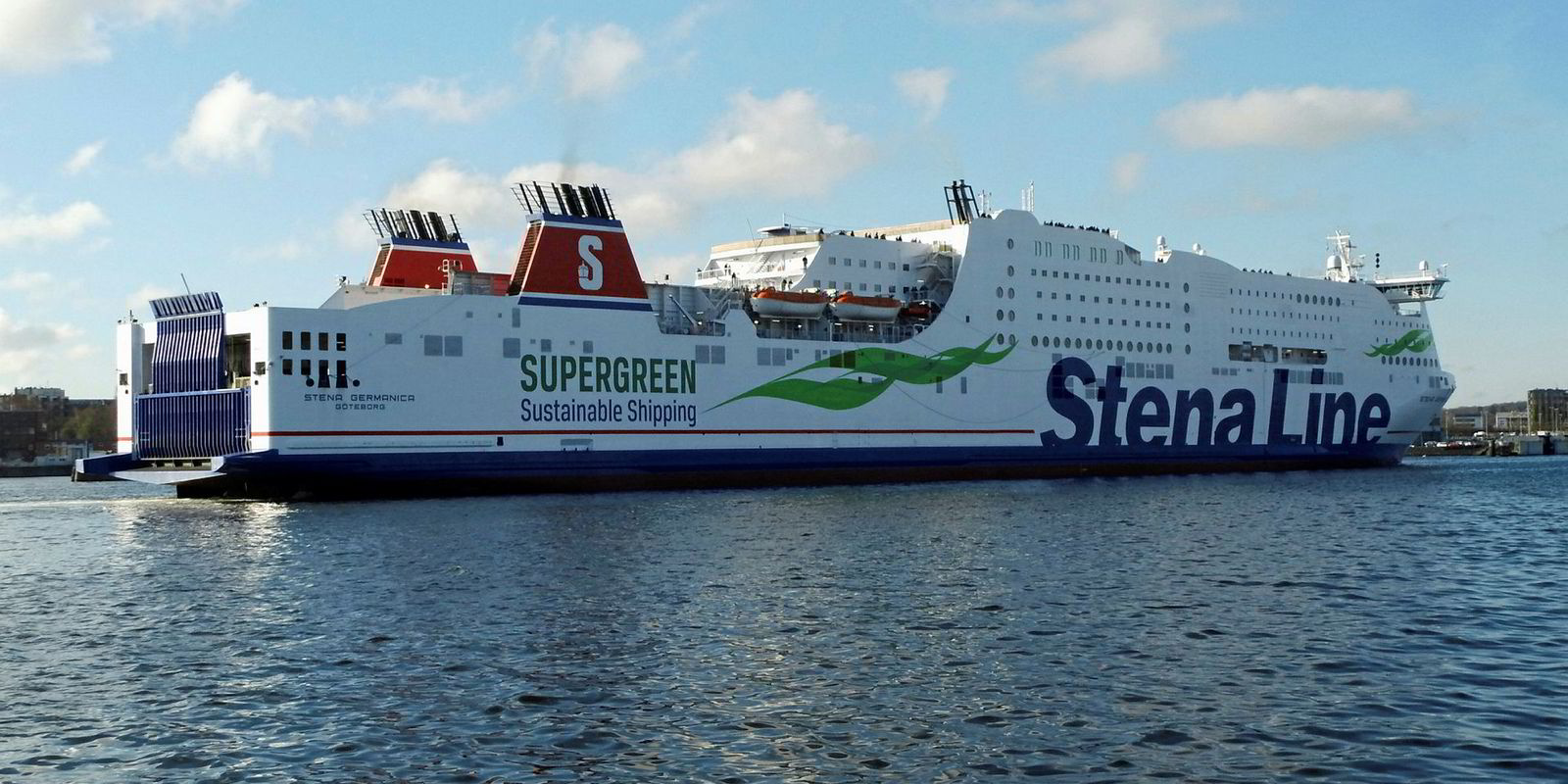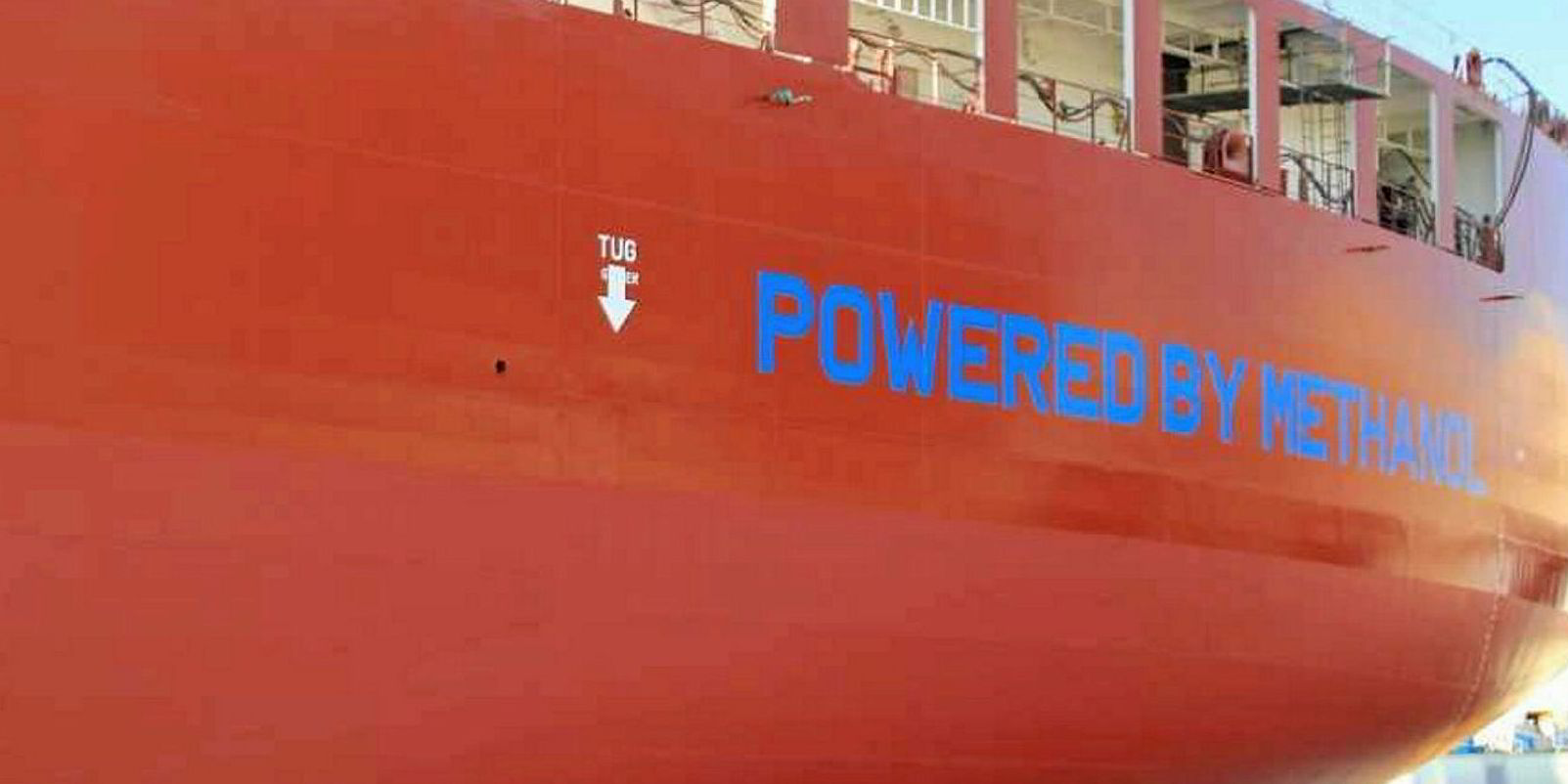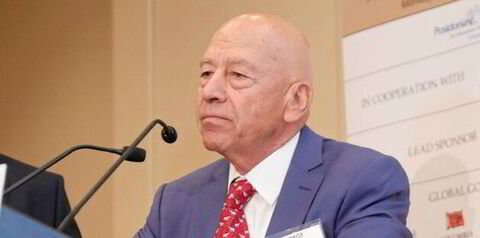The global fleet of methanol-powered ships is growing as the fuel gains traction as an alternative way to meet looming IMO 2020 requirements.
Waterfront Shipping, alongside its owner Marinvest, is set to welcome its eighth and ninth methanol-capable tankers on Friday at a ceremony in Busan, South Korea.
And while Waterfront is behind almost all methanol-capable tankers, the duo said that after spending three years working through the kinks of the fuel, the industry is starting to take notice.
Growing interest
"It's proven," Waterfront president Paul Hexter told TradeWinds. "We've been running it for the last couple of years. It works and we're starting to get growing interest."
Waterfront has been running seven dual-fuel ships — which use methanol or conventional bunkers — since 2016.
Since then, the vessels have has racked up 57,000 hours of running time with only minor issues, none of which took them out of service.
Those seven ships, plus the 10,670-gt ropax Stena Germanica (built 2001), are the only methanol-powered ships currently in operation.
The fuel, Hexter and Marinvest chief executive Patrik Mossberg said, is future-proof, complying with IMO 2020 and 2050 emissions goals. But, he added, methanol also has other advantages that make it stand out in a crowded market.
It's proven. We've been running it for the last couple of years. It works and we're starting to get growing interest
Paul Hexter
"There's been a number of seminars in the last couple of months" on methanol as fuel, Hexter said.
"Those seminars have been attended by other producers, independent owners, [and]classification societies."
Latest additions
The two latest additions to Waterfront's fleet are the 49,000-dwt Mari Couva and Mari Kokako (both built 2019).
The duo were built by Hyundai Mipo Dockyard in a deal reported by TradeWinds in February 2018, which followed an initial $44m order placed by Marinvest in 2013.
The methanol-fuel systems in the first round of ships, Hexter said, were "over-engineered".
From a safety perspective, there's not a situation where we were going to be idle or with a ship that's not able to run its main engine
Paul Hexter
The fuel was delivered to the engine via double-walled piping with a multitude of sensors as a fail-safe. But some of the sensors sounded false alarms.
Cutting the number of sensors fixed the problem, Hexter said.
Minor challenges
"From a safety perspective, there's not a situation where we were going to be idle or with a ship that's not able to run its main engine," he said.
"Even while we were working on some of the minor challenges early on, we were able to turn on the conventional fuel."
Beyond that, Hexter and Mossberg said the fuel is easy to handle and plentiful, while being cheaper than low-sulphur fuel and competitive with marine gasoil — although ships consume more methanol than conventional bunkers.
Methanol does not need to be pressurised and can be loaded, stored and carried at ambient temperatures, they said, with bunkering infrastructure only requiring minimal changes to accommodate it.
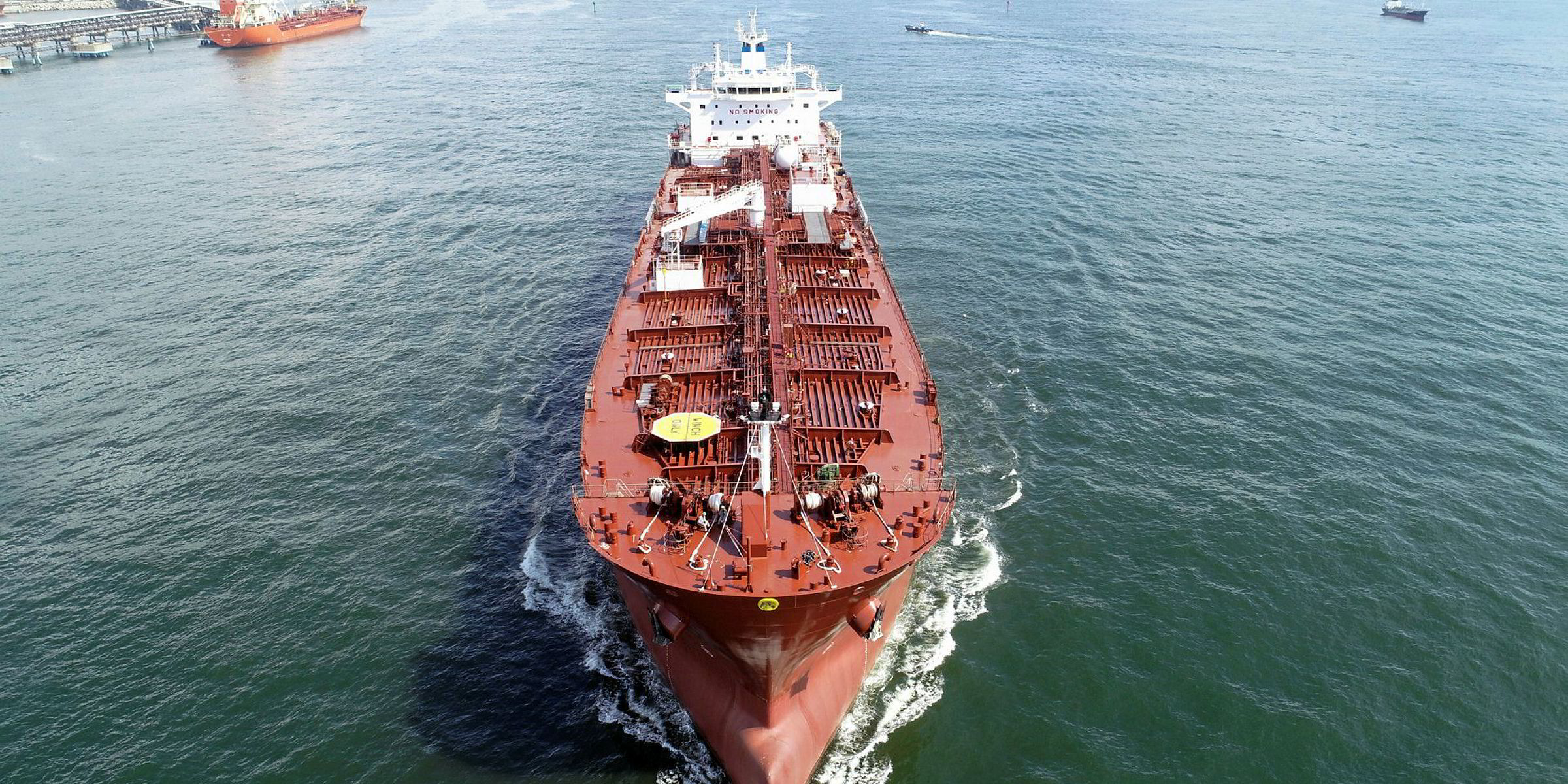
Methanol can also be blended using water to make it complaint with IMO Tier III emissions standards, which Hexter said would offset a lot of the incremental costs for the technology.
"From an operations perspective, we have some experience with gas as well, and specifically gas bunkering through some other companies, Mossberg said. "Relative to that, it's very easy to handle methanol. It's an easy chemical, it's an easy liquid, to handle."
We're excited to see the next orders, whether they're ours or others. We believe in the technology. It's just a matter of people's awareness
Peter Hexter
The Mari Couva and Mari Kokako will join Methanex's global methanol trade and treated as sisterships to the other methanol-capable MR tankers in the fleet.
Those ships trade globally, calling on Methanex production sites in the US, Canada, New Zealand, Egypt, Trinidad and Chile.
All comers welcome
But beyond that fleet, the orderbook is small.
As such, Hexter welcomes all comers.
"Actual orders on the book, there hasn't been any yet," he said. "There's a lot of people as we head into 2020, the interest is growing.
"We're excited to see the next orders, whether they're ours or others. We believe in the technology. It's just a matter of people's awareness."
This story has been amended since publication to reflect that Waterfront's latest ships were build in 2019 and that its president is Paul Hexter.
